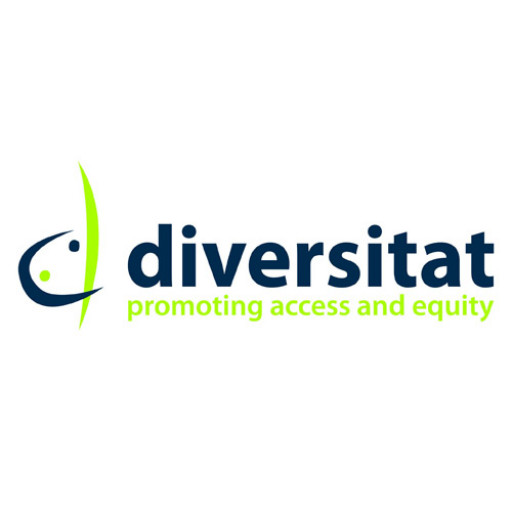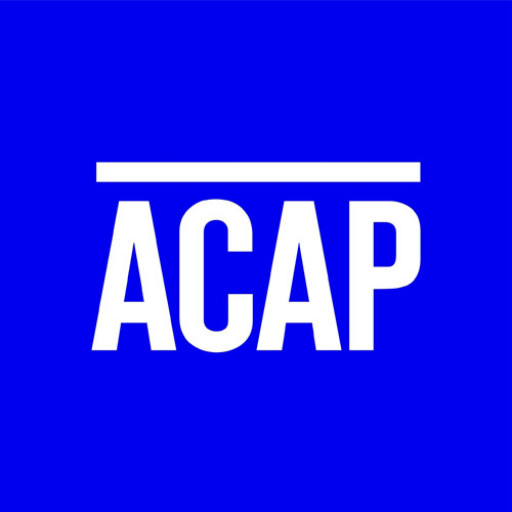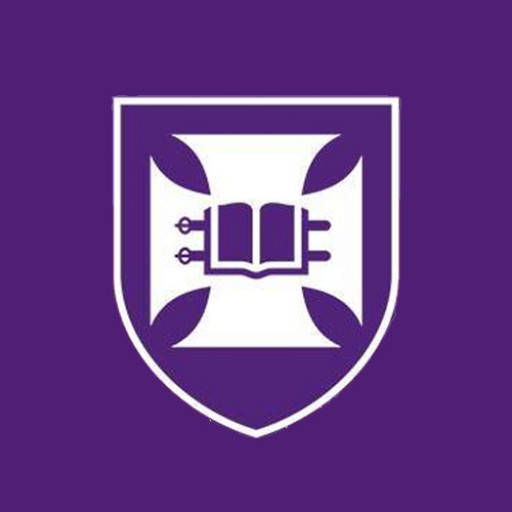This qualification reflects the function of counsellors, that assist clients on personal and psychological problems using established counselling methods. They use communication, micro-counselling and interviewing skills and draw diverse counselling remedies to aid clients. Only at that level, the counsellor is likely to soon be employed in defined and encouraged counseling functions in based agencies as opposed to in independent practice.No licensing, legislative, regulatory or certification requirements affect the qualification during publication.
Program Content
The Counselling program at Diversitat is designed to equip students with the essential knowledge, skills, and practical experience necessary to become effective professional counselors. The curriculum offers a comprehensive overview of counseling theories, ethical practices, and intervention strategies, preparing graduates to support individuals facing various personal, social, and psychological challenges. Throughout the program, students will explore a wide range of topics including human development, communication skills, mental health issues, crisis intervention, and multicultural counseling.
A significant component of the program involves practical training through supervised internships, allowing students to apply their theoretical knowledge in real-world settings such as community organizations, schools, and healthcare facilities. This hands-on experience is complemented by rigorous coursework in ethics, confidentiality, and professional standards to ensure students are well-prepared to meet the diverse needs of their clients while adhering to high ethical standards.
The program emphasizes the development of critical skills such as active listening, empathy, problem-solving, and effective communication. Students will learn how to assess client needs, develop appropriate counseling plans, and evaluate outcomes. The curriculum also integrates current research and evidence-based practices to ensure that students are trained with the most effective approaches in the field of counseling.
At Diversitat, the Counseling program fosters an inclusive learning environment that encourages cultural sensitivity and adaptability. Students will engage in various case studies, role plays, and group projects to enhance their interpersonal skills and develop confidence in their counseling abilities. The program aims to produce well-rounded professionals who can work across diverse contexts, including mental health settings, educational institutions, and community support services.
Upon successful completion of the program, graduates will be equipped to pursue various career paths in counseling, social work, mental health services, and related fields. They will also be prepared to undertake further specialization and advanced study in areas such as addiction counseling, clinical psychology, or marriage and family therapy. The Diversitat Counselling program is committed to fostering compassionate, skilled, and ethical professionals dedicated to making a positive impact in their communities.
Program requirements for the Bachelor of Counselling at Diversitat include a combination of academic qualifications, practical training, and personal competencies. Applicants are typically required to hold a completed secondary education or equivalent qualification that meets the university’s entry standards. Prior coursework in areas such as psychology, communication, or social sciences may be advantageous but is not mandatory. Prospective students must demonstrate a strong motivation to work in the counselling field and possess well-developed interpersonal and communication skills. The program emphasizes both theoretical understanding and practical application; therefore, applicants should be prepared to engage in supervised practicum placements that will require commitment and punctuality. Additionally, students may need to provide evidence of their ability to undertake rigorous academic work, including critical thinking and reflection. The university encourages diversity and will consider mature students and those with relevant work or life experience. For international applicants, evidence of English language proficiency, such as IELTS or TOEFL scores, must be provided if the qualification has not been issued in English. The program adheres to national standards for counselling education, ensuring graduates are equipped with essential skills to support individuals in various settings, including mental health, community service, and educational environments. Students are also expected to comply with professional conduct guidelines and undertake background checks as part of their placement requirements. Overall, the program seeks candidates who are compassionate, ethical, and committed to continuous learning in the field of counselling.
The financing options for the Counselling program at Diversitat are designed to accommodate a diverse range of students, including domestic and international applicants. Students can access the Federal Government’s FEE-HELP scheme, which provides financial assistance to eligible students pursuing certain diploma and postgraduate programs. FEE-HELP allows students to defer payment of their tuition fees, which are repaid through the Australian taxation system once their income reaches a set threshold. Additionally, the program offers various scholarships and bursaries to support students financially, based on merit, financial need, or specific criteria such as indigenous status or regional location. These scholarships are awarded annually and can significantly reduce the financial burden for students. Diversitat also collaborates with private lenders and banks to provide education loans, enabling students to spread the cost of their studies over manageable repayment periods.
For international students, tuition fees must be paid upfront or through approved payment plans, as government assistance schemes generally do not cover non-citizens. The university recommends that international students consider purchasing Overseas Student Health Cover (OSHC) and other insurance policies as part of their overall study budget. Moreover, students are encouraged to explore external funding opportunities, including state or federal grants, community sponsorships, and employer-sponsored training programs, which can partially or fully subsidize their education expenses.
Cost of living, accommodation, and supplementary study materials should also be factored into the total cost of participation in the program. Students are advised to create a comprehensive financial plan before enrollment to ensure smooth progression through their studies. Diversitat provides ongoing financial counseling and support services to help students manage their finances, navigate payment options, and access emergency funding if necessary. Overall, the financing of the Counselling program is structured to offer flexible payment options and financial assistance schemes to facilitate access and reduce financial barriers for prospective students.
The Counselling program offered by Diversitat is designed to equip students with the essential skills and knowledge necessary to pursue a career in mental health support and counselling services. This program covers a broad range of topics, including psychological principles, communication techniques, ethical considerations, and practical counselling strategies. It aims to prepare graduates to work effectively with diverse client populations, addressing various mental health issues, emotional difficulties, and behavioural challenges.
Throughout the program, students engage in both theory and practical training, enabling them to develop strong interpersonal skills, cultural competence, and a solid understanding of mental health frameworks. The curriculum typically includes modules on lifespan development, counselling theories, mental health first aid, and crisis intervention. Students are also encouraged to participate in supervised practicums, where they observe and practice counselling techniques in real-world settings, gaining invaluable hands-on experience.
The program is suitable for individuals passionate about helping others and is often aligned with industry standards to ensure graduates are job-ready. Graduates of the Counselling program may find employment opportunities in community health organisations, schools, healthcare facilities, and private practice. They may work as counsellors, mental health support workers, or case managers, contributing significantly to community well-being.
Diversitat’s teaching staff consist of experienced practitioners and academics dedicated to providing quality education and mentorship. The program emphasizes ethical practice, professional development, and ongoing learning to ensure that graduates remain effective and responsive counsellors throughout their careers. Additionally, the program often encourages students to pursue further studies or specialisations in areas such as youth counselling, addiction counselling, or clinical psychology.
In summary, the Counselling program at Diversitat offers comprehensive training for those seeking to make a positive impact on individuals and communities through mental health support. It combines theoretical knowledge with practical application, fostering the skills necessary for successful counselling careers in diverse settings.







